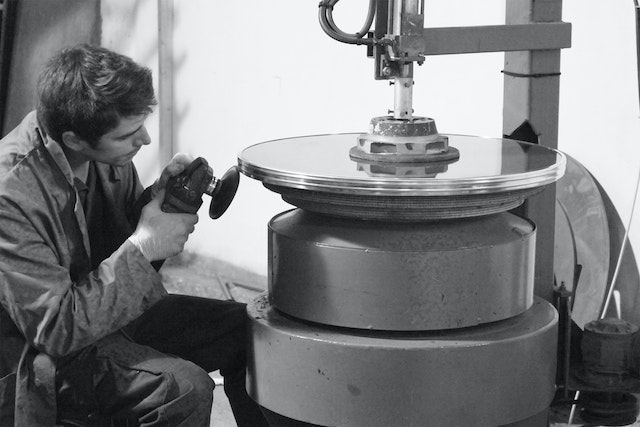For large industrial food processing companies, having the right types of refrigeration at the correct times can mean the difference between owning a wonderful edible product that is ready to hit the grocery store shelves and possessing a huge pile of waste to go on the compost heap. The preparation of comestibles, and with it the necessary associated cooling appliances, requires careful attention to create a product that is not only delicious to eat but is also safe to consume. For these reasons and more, their operations rely on their refrigeration systems for properly processing, cooling and storing their products before bringing them to market.
Food Processing
When making an item such as a dough used for bread or pastry, for just one example, there are times when that dough requires refrigeration for it to rise properly or to prepare for rolling and shaping. Having adequate refrigeration units available at those times speeds food preparation while improving production capabilities.
It is worth noting while preparing the ingredients that refrigeration systems have several parts that over time can begin to falter. These include air compressors, evaporators and condensers. If trouble strikes and your refrigeration system components stop working, air compressor rentals Jacksonville FL can get your production through a temporary stall until full repairs can be made.
Water Cooling
Many foodstuffs benefit from coming in contact with cold water. If you are processing tomatoes or stone fruits like peaches or plums, place these items in boiling water for a few minutes, and then quickly cover them in a cold-water bath. This makes the skins of certain fruits and vegetables easier to remove. This type of food preparation in an industrial setting requires water cooling systems.
Food Storage
The ingredients that you utilize in your recipes must be purchased in bulk for industrial production. You will need adequate storage areas to keep liquid and solid foods separate and within the correct temperature ranges to prevent ingredient decay. The same goes for the provisions once they are prepared and awaiting transport. For those recipes that rely on fruits and vegetables, there may be a need for special areas set aside for ripening these products before use. Refrigerating these items properly will help to eliminate spoilage and improve your corporate fiscal health.
Creating a fiscally vigorous food processing facility means making a sound investment in the right type of refrigeration. It can save on excess cost due to spoilage and can ensure that your products are created and stored at safe temperatures.

 Keeping Your Hearth in Top Shape: The Value of Routine Fireplace Repair
Keeping Your Hearth in Top Shape: The Value of Routine Fireplace Repair  Septic Systems: Maintenance Tips for Homeowners
Septic Systems: Maintenance Tips for Homeowners  Timeless Elegance: A Guide to Buying Your First Antique Shelf Clock
Timeless Elegance: A Guide to Buying Your First Antique Shelf Clock  Fostering Tranquility: Infusing Personal Well-Being into Home Renovation Ventures
Fostering Tranquility: Infusing Personal Well-Being into Home Renovation Ventures 


